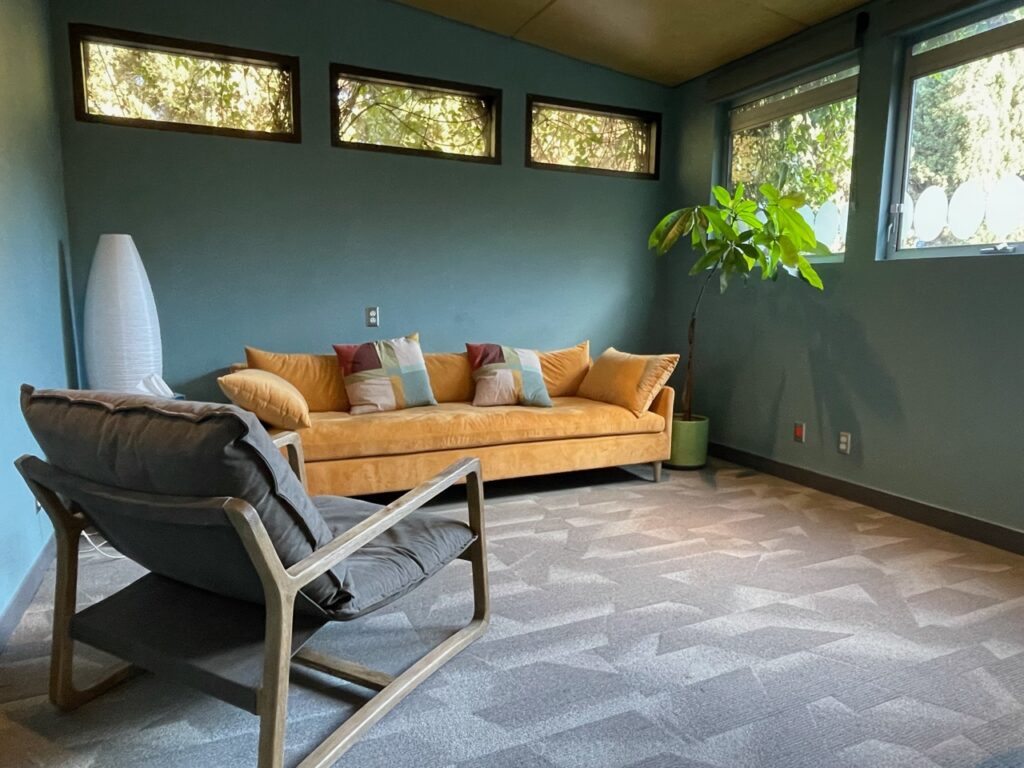
How To Find A Therapist Who Is Right For You?
You need to find a therapist. For many people, this task is daunting. First, there’s the alphabet soup of PhDs, PsyDs, MDs, MSs, and MSWs, not to mention all the labels — psychiatrist, psychologist, marriage & family therapist, family counselor, licensed professional counselor, social worker, and others.
Finding a therapist who’s right for you or your loved one may not be easy. Mental health professionals are in incredibly high demand, as many struggles with the COVID-19 pandemic, economic turmoil, political anxiety, racial reckonings, and other traumas, disorders, and heartbreaks. People are suffering, and we don’t have the infrastructure in this country to give the amount of support people need.
It’ll likely take some time and effort to find:
- a therapist with an opening that fits your schedule,
- which takes your insurance or is within your budget,
- has experience treating your particular issues,
- and makes you feel safe enough to reveal all your vulnerabilities.
Figure out what you want
You are the primary, most integral part of your healing process. So it’s up to you to figure out who you want as a partner in that process. Do some soul-searching about what you need help with:
- What brings you to therapy: Common issues are depression, anxiety, relationships or adjusting to a new situation.
- What type of person you think you’d be most comfortable with: Someone professorial you don’t know anything about or someone trained in social justice who understands your refugee parents.
- What type of approach you’d respond to: Maybe you want something more intense and solutions-oriented; maybe just the act of breaking cultural stigmas and getting comfortable being open about your feelings would be a win.
You don’t need to be an expert on all types of therapy. But you want to be able to communicate what you want so your therapist can figure out if he or she has the right tools. A lot of people choose a therapist because you like them and you want to be their friend, but if your friend could help you fix this, you wouldn’t be coming to therapy?
Look at the professional labels
Psychiatrists
These are doctors who specialize in the diagnosis and treatment of mental or psychiatric illnesses. They have medical training and are licensed to prescribe drugs. They are also trained in psychotherapy, or “talk” therapy, which aims to change their behaviors or thought patterns.
Psychologists
These are doctoral degree (Ph.D. or PsyD) experts in psychology. They study the human mind and human behavior and are also trained in counseling, psychotherapy, and psychological testing — which can help uncover emotional problems you may not realize you have.
Social Workers
These are specialists that provide social services in health-related settings that are now governed by managed care organizations. Their goal is to enhance and maintain a person’s psychological and social functioning – they provide empathy and counseling on interpersonal problems. Social workers help people function at their best in their environment, and they help people deal with relationships and solve personal and family problems.
Licensed Professional Counselors
These counselors are required by state licensure laws to have at least a master’s degree in counseling and 3,000 hours of post-master’s experience. They are either licensed or certified to independently diagnose and treat mental and emotional disorders. Counselors can help a wide range of problems, including depression, addiction and substance abuse, suicidal impulses, stress management, self-esteem issues, issues of aging, emotional health, and family, parenting, and marital or other relationship problems. They often work closely with other mental health specialists.

Search criteria
Location
Patients usually start with finding therapists based on who was closest to them or their workplace. But location is less of a deciding factor, especially during the pandemic when many therapists are seeing their patients over video. One thing to keep in mind, though, is that therapists can be reprimanded if they work with residents outside the state in which they are licensed. So, if the therapist does something inappropriate, the patient can report it to the state’s licensing board. If they live in a different state, they don’t have any right to report.
Budget
If you can’t afford to pay out of pocket and aren’t finding someone appropriate through your insurance network, you can look for therapists who accept sliding-scale, or reduced-fee, rates.
People who don’t have insurance or money often end up only being able to afford a therapist in training, which doesn’t necessarily have to be a bad thing. These are often graduate students or recent graduates accruing hours to qualify for certification. Often they are working with a supervisor.
Language
More than half of Angelenos speak a language other than English at home, and some may be more comfortable speaking with a therapist in their native language. But if you’re having trouble searching for therapists fluent in other languages, contact a local cultural organization that may be able to direct you to resources.
Experience
Specialist A can work with trauma. Specialist B works with people recovering from serious mental illnesses like schizophrenia and bipolar disorder. Specialist C has specialized training working with members of socially marginalized groups navigating intersecting systems of oppression. Specialist D does couples counseling and family therapy, with additional expertise in child and family development. Are you struggling with substance abuse, postpartum depression, or gambling addiction? Evaluate whether a therapist’s experience matches your needs.
Technology
Online services (Telehealth) are new and evolving technology in which you can pursue therapy. These include remote therapy from the comfort of your home. Many therapists are open to what technology can do to further integrate therapy into patients’ everyday lives.
Consultations with prospective therapists
During your first consultation, don’t be afraid to ask hard questions. The vast majority of patients who are looking for a therapist don’t even know that they can ask anything. You want your therapist to answer your questions directly to the point where you’re comfortable and you understand. No clinical jargon. A therapist might not answer all of them, but it’s up to you to interview a specialist to figure out if it is a match. Do you feel comfortable sitting in a room with this therapist, talking about the most vulnerable things ever? But at the end of the day, you’re the one paying the therapist, and there’s no reason to be stuck with one who isn’t helping you. It’s fine to tell the therapist when it’s not working. Therapists are also trying to assess whether they have the right training and experience to help you, and if they don’t, a good therapist should tell you and refer you to another therapist.









